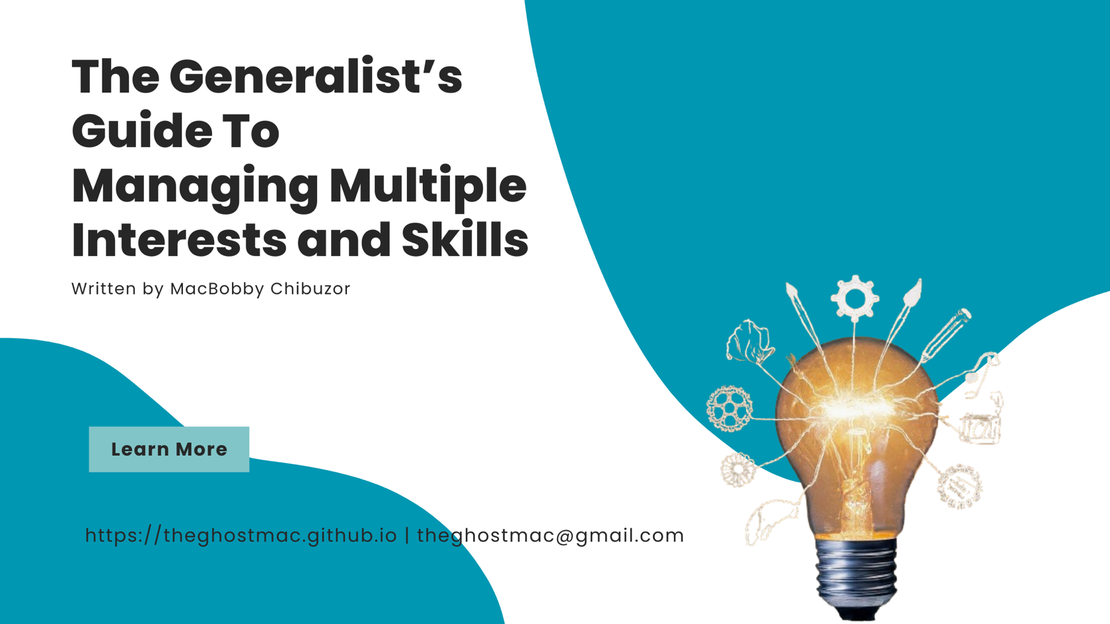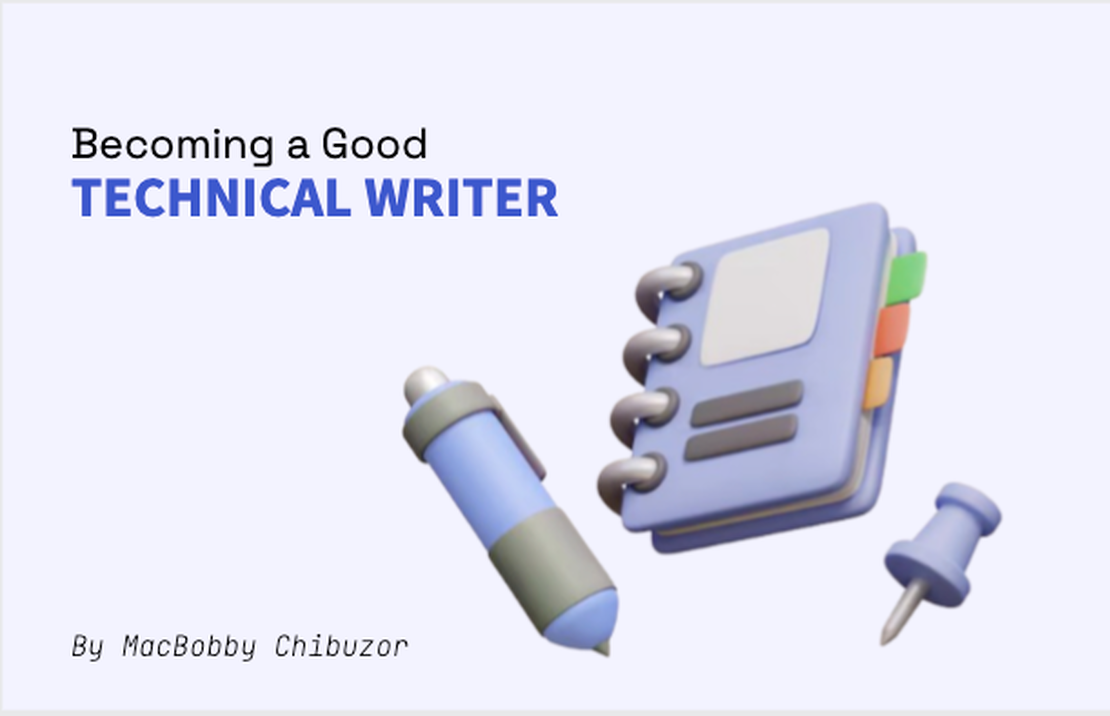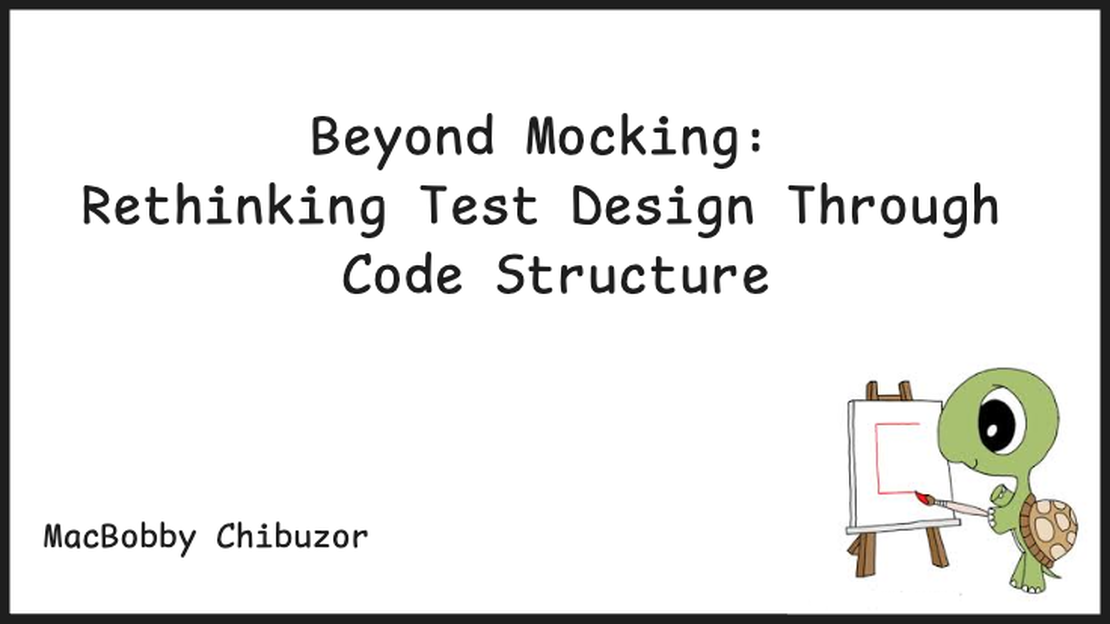The Generalist’s Guide To Managing Multiple Interests and Skills

Table of Contents
Hey, Jack.
I’m going to call you Jack. The reason is that you’re the legendary Jack of all trades — or else, why would you be reading this?
Here, I want to discuss with you about why I believe a generalist like you is just the right thing the world needs. Before I go into that, I want to share a recent experience that led to this write-up.
It was a Saturday evening. I had a Monday deadline to meet on a software programming job, but there was no electricity. I tried running my power generator, but it just wouldn’t come on.
I concluded that I had to use the little juice on my MacBook — thank God for those power hoarders — to do the most I can, then call an engineer to fix the generator by morning. I didn’t give it much thought anymore, and just started working on my computer. Don’t blame me, Jack, I cope by doing the next available thing I can do, as opposed to wallowing in anxiety about shattered plans.
Sunday came, and it dawned on me that nobody works on Sundays. But I needed the generator to work. What did I do? I summoned my Bachelors’ degree in Mechatronics Engineering, and began to troubleshoot the problem. After fixing it, I had a deep thought about the whole experience.
Yes, its common knowledge for some of the male folks — some of you can change car tires, fix leaking sinks, et cetera, and also be great lawyers, or doctors, or software engineers. And that’s what this write-up is about.
It’s about why it’s great to be a generalist. About why you don’t have to be a master or a specialist, as long as you can use what little knowledge you have in a field to do what you want.
Note
You only need to know as much as is required to get the job done. Nobody is an island of knowledge; not even the grumpy specialist who calls you Jack.
Generalist vs. Specialist
A generalist is simply a person who is competent in several different fields or activities. A specialist is simply a person who concentrates primarily on a particular field or activity, and is highly skilled in that field.
You, Jack, are a generalist. But you’re probably misunderstood. So perhaps it would be helpful to remind you why you are a generalist in the first place:
- You’re curious. You nurture an appetite for wonder. You probably kept a degree of your curiosity from childhood. You didn’t lose it. You were interested in how things work, not in how a certain thing works. Difference, Jack. Big difference.
- You have more tenacity for hustle. Or your dreams and goals are really bigger than the average Joe. Yeah, that’s the name of your enemy, Jack.
- You want to live life to the fullest. You realize life is too short to do only one thing for eons — I mean, years. To not be defined by one word or in a single sentence.
- You’re finding yourself. You are challenging yourself. You want to see where your learning capacity caps, the maximum you can squeeze out.
- You get bored easily doing the same thing, and you’re searching for thrilling experiences again. You want to experience going from zero to hero, from “Damn, I’m dumb”, to “Finally, I did it!” as often as possible.
How to handle generalization without getting burnt out
The keyword is “handle,” used to connote “control” or “optimize”, not to “curb,” take note. There is an obvious danger in having many interests, and if you’re not careful, you could be threading down that path. From the little I know, I want to help you handle it. So here goes.
Sequentially over simultaneously
It would be chaotic to pick on more that one thing at a time, especially when you are a beginner to both. Instead, take enough time to practice one with intense focus before moving on to the other. I mean a few months to a year. Give yourself time to internalize the basics, so as to eliminate the possibility of having conflicting lessons.
If this doesn’t work for you, then consider prioritizing your interests. Rank them, and spend more time focusing on the one(s) with higher priority. Again remember that the goal is not to become a specialist in each of these fields — at least not straight away.
Career decisions
Whenever I talk about career, I usually explain the difference between a hobby, a career, a job, and a vocation. Let’s drift a little.
A hobby is an activity you enjoy doing. You don’t necessarily make money from it, instead, you probably spend money on it. For example, reading books, playing the piano, crocheting, tinkering, etc.
A job is an activity you may or may not enjoy doing but provides you with the financial capability to live your life chasing and exploring all others. You may not necessarily like or enjoy the job, but you must make money from it.
A career is usually what you went to the university for. You or someone else used their job to fund the education required for this career. You may or may not necessarily pursue your career beyond academic degrees, it just depends on luck and how on-time you arrive after spending roughly a decade preparing for it. You may eventually find a job in it, and it could be really high-paying (because you have a degree in it). This is the orthodox way of life for ages.
A vocation is simply what you are called to do. It can be something only you can ever do. It could be pastoring a church or starting a company. It may pass out as a job, if you want, but it isn’t supposed to be one. It just depends on how much money you are legally able to make from it.
Note
Everyone’s goal in life is to do all it takes to make your hobby (from childhood) into your job. That is when you really enjoy what you do.
But that’s besides the point of this section. The point is that sometimes, having a breadth of knowledge in different things has proven by research to be a high contributor to innovation.
For example, prosthetic limbs were innovated by a girl who enjoyed tennis and wanted to play it with someone else. There was nobody to play with, so she leveraged her knowledge in craft to build an arm. Some credit her for discovering robotics. Any way, this is just one example of how multiple interests yield great results. In history, there are thousands of similar stories of where a particular person synergize two completely different activity or concept to achieve a new singular innovation.
While job hunting
In software engineering, for example, there are scenarios where being a generalist or a specialist is more valuable. If you’re applying to a FAANG company, a big company that has large hands onboard already, you should go as a specialist in the specific field you desire. However, if you’re applying to a VC-backed company, a startup, or any kind of small company, you should go as a generalist. Or better yet, highlight that you have just the exact skill-set they are looking for, and even more.
Tip
Always design a customized CV for a particular job application. Have a master copy, then create variants of it. Tailor those variants to suit specific jobs and only use them when the job matches the CV.
Knowing the right time to appear as a generalist or a specialist can be the silver lining in your cloud of job searching.
Time management
I know, I know, we all hate it. We all have time until it comes to managing how we use that time. But time is the premium, the raw resource you spend to achieve your goals. No matter how much you dislike the robotic feeling of planning your time and following it like a ritual, it’s still the best step out there to optimizing time.
Note
Time management is what helps you balance conflicting interests. The magic is in the balance.
I’ll talk about my friend Grand Busta. While Busta was in med school, he was also an achieved software engineer. When he gets serious, he would plan out his year, quarter, month, week, and day, breaking his yearly goals down until they’re less overwhelming and doable. That is how Busta is able to stay up-to-date and at work in the ever evolving landscape of tech.
Note
Preparation is easy; participation, however, is the elephant in the room.
It would do you good to follow these steps:
List out the interests you have.
Rank them in order of importance. Importance can be measured by the level of fulfillment you derive from it, whether you’re more likely to make money from it now rather than later, how easily accessible it is to you, how quickly you are expected to get up to speed in it, etc.
Focus on the important ones first — it takes time and intense focus to really pick up something. I would advice focusing on one thing for a few months until you are perfect in the foundations, before venturing into the next thing. Do not confuse the basics, do not mix it it. It is important. Now, filter the important and urgent ones from the ones that can wait a little later.
Create a roadmap for the important interests. From that roadmap, create a realistic time frame for each of them. Its okay if some roadmaps are longer than the other.
Divide the roadmaps into weekly goals and objectives. Let’s give a generic example:
a. Week One: Grasp the basics
b. Week Two: Properly internalize the basics.
c. Week Three: Practice from memory without consulting materials or external help
d. Week Four: …
e. Week Thirteen: Create or update your CV to reflect knowledge of this.
Consistently follow the weekly schedule by breaking activities into daily tasks.
Reward yourself upon completion.
Criticism
Hey, Jack.
Lots of folks will pitch their tents against you because you’re a generalist: friends, colleagues, parents, and even recruiters/employers. I remember being called out in a group for being “everywhere.” If this even happens to you, mention the following names:
- Leonardo Da Vinci.
- Bertrand Russell.
- Ester Ledecka.
- Roger Federer.
It’s as though the folks in this generation are a lot less accommodating and lazier than these guys mentioned above.
Related Posts

Designing Fallback Systems
A little backstory While working on a backend for an uprising startup product a while back, I had to use a FinTech’s API for providing bank accounts to prospective users.
Read MoreStructuring a Rust Codebase - Exploring Rust's Module System for Code Organization
Introduction Structuring a Rust codebase can be so frustrating for beginners.
Read More
Beyond Mocking: Rethinking Test Design Through Code Structure
Recently, while working on a monitoring system that checks delegation balances across multiple blockchains, I had an enlightening experience that changed how I think about test design.
Read More